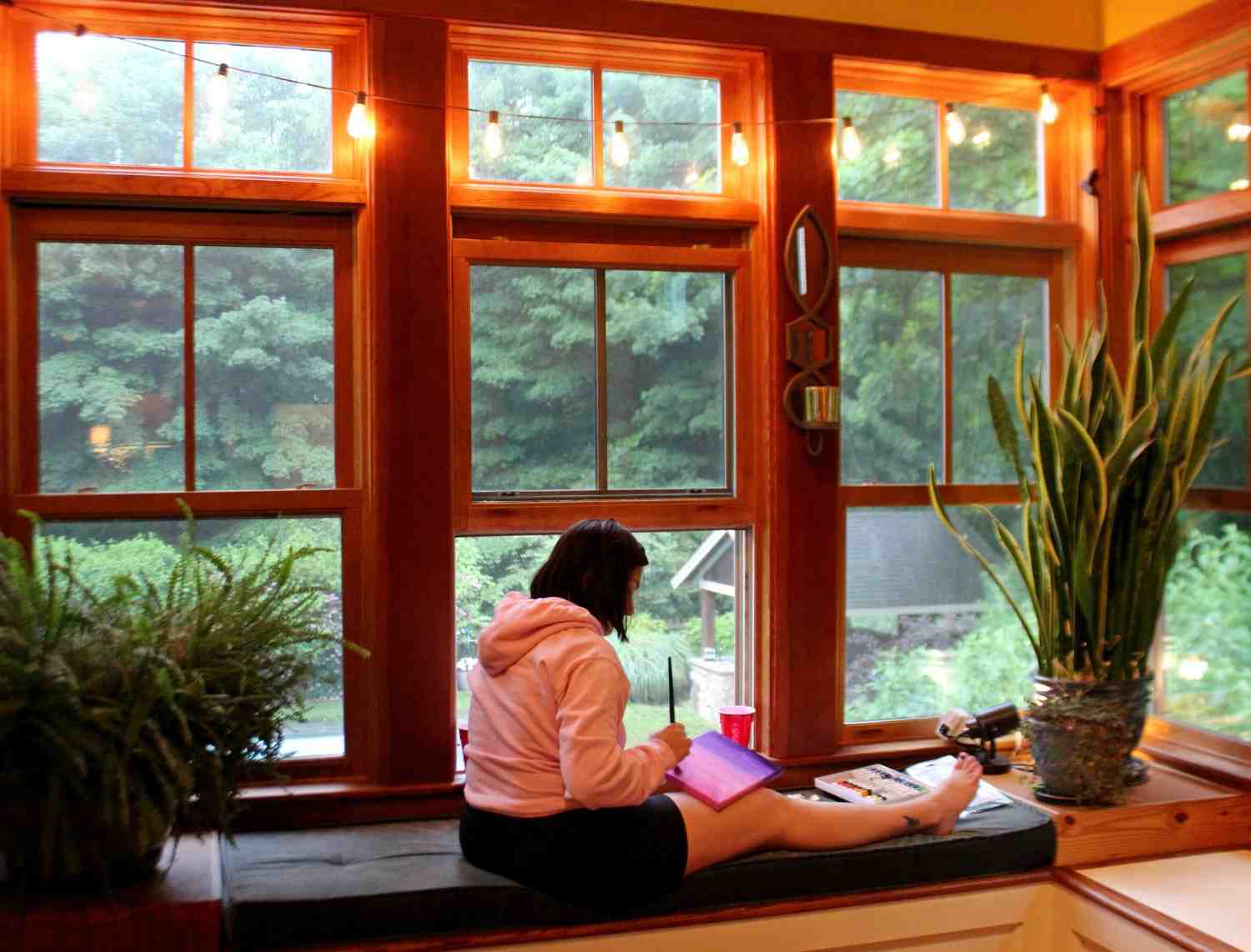In the realm of housing costs in the UK, both council tax and rent play significant roles. Council tax is a local tax levied by the local authorities to fund essential services, while rent is the payment made by tenants to landlords for occupying a property.
As tenants navigate the rental landscape, a common question arises: Is council tax included in the rent they pay? In this article, we will explore the relationship between council tax and rent, understand their distinctions and shed light on what renters can expect in terms of council tax payments.
What Is Council Tax?
Council tax serves as a crucial source of funding for local authorities in England, Scotland and Wales. It is used to support vital services provided by the local council, including waste collection, street lighting, schools, police and fire services.
The amount of council tax payable by a household is determined by the valuation band of the property and the number of adults living in it. Each property is assigned to one of eight bands (A to H), with Band A being the lowest and Band H being the highest. Council tax is usually collected in monthly or annual installments.
What Does Rent Cover?
Rent, on the other hand, is the payment made by tenants to landlords for the privilege of living in and using a property. Typically, rent covers the cost of occupying a buy-to-let property, including the use of basic amenities such as heating, water and maintenance of communal areas. The amount of rent charged by landlords varies depending on factors such as location, property size and local rental market conditions.
Who is Responsible for Paying Council Tax, the Landlord or the Tenant?
For the majority of rental agreements, council tax is not included in the rent paid by tenants. Rent and council tax are separate financial obligations, and tenants are often responsible for paying their council tax directly to the local council in addition to their rent payments to the landlord.
The responsibility for paying council tax therefore lies with the tenant in most rental situations. The council tax bill will be issued to the occupants of the property, and it is their duty to make the payments in a timely manner.
How is Council Tax Paid?
Council tax is generally paid directly by the occupants of the property to the local council. The council will issue a council tax bill to the property’s occupants, detailing the amount due and the payment schedule. The occupants can then make the payments either monthly or annually, as specified by the council. In properties with multiple occupants, such as shared houses or flats, the council tax bill may be divided among the occupants based on the number of adults living there.
Do Some Rental Agreements Include Council Tax?
Although council tax is typically not included in the rent, some rental agreements may specify an all-inclusive rent. In this arrangement, the landlord covers all utility bills, including council tax, within the total rent charged to the tenant. All-inclusive rents are more common in certain types of accommodation, such as student housing or short-term rentals, where the convenience of a single payment may be preferred.
How to Determine Council Tax Liability
Council tax liability for a property is determined by the local council based on the property’s valuation band and the number of adults living in it. Generally, the council tax is the responsibility of the occupant(s) who are at least 18 years old and living in the property as their main home. Certain individuals may be eligible for council tax discounts or exemptions, such as full-time students or individuals with severe mental impairment.
What Happens If Council Tax Isn’t Paid?
Failure to pay council tax can have serious consequences. The local council has the authority to pursue legal action against non-payers, which can result in court summons, fines, and even imprisonment in extreme cases. Moreover, unpaid council tax debt can negatively affect an individual’s credit rating, making it more challenging to obtain credit or loans in the future.
What Happens If I Move House?
If you are moving to a new rental, or have aquired a mortgage as a first time buyer, it is essential to notify the local council of your change of address. Inform the council that you are moving out of your current property and provide them with your new address.
This will ensure that you are correctly assessed for council tax and other local authority charges at your new residence. Additionally, inform the council of any changes in your household, such as new occupants or individuals moving out, to avoid any discrepancies in council tax liability.
How to Budget for Council Tax and Rent
When budgeting for housing costs, tenants must factor in both rent and council tax. Understanding the council tax band for the property and the expected monthly or annual amount to be paid will help tenants plan their finances effectively. By budgeting for both rent and council tax, tenants can ensure they have the necessary funds available to meet their financial obligations promptly.
Concluding Thoughts
In conclusion, council tax and rent are distinct financial responsibilities for tenants in the UK. In most cases, council tax is not included in the rent, and tenants are directly responsible for paying their council tax to the local council. Understanding the difference between council tax and rent is vital for tenants to budget effectively and fulfil their financial obligations while enjoying the benefits of their chosen accommodation.



